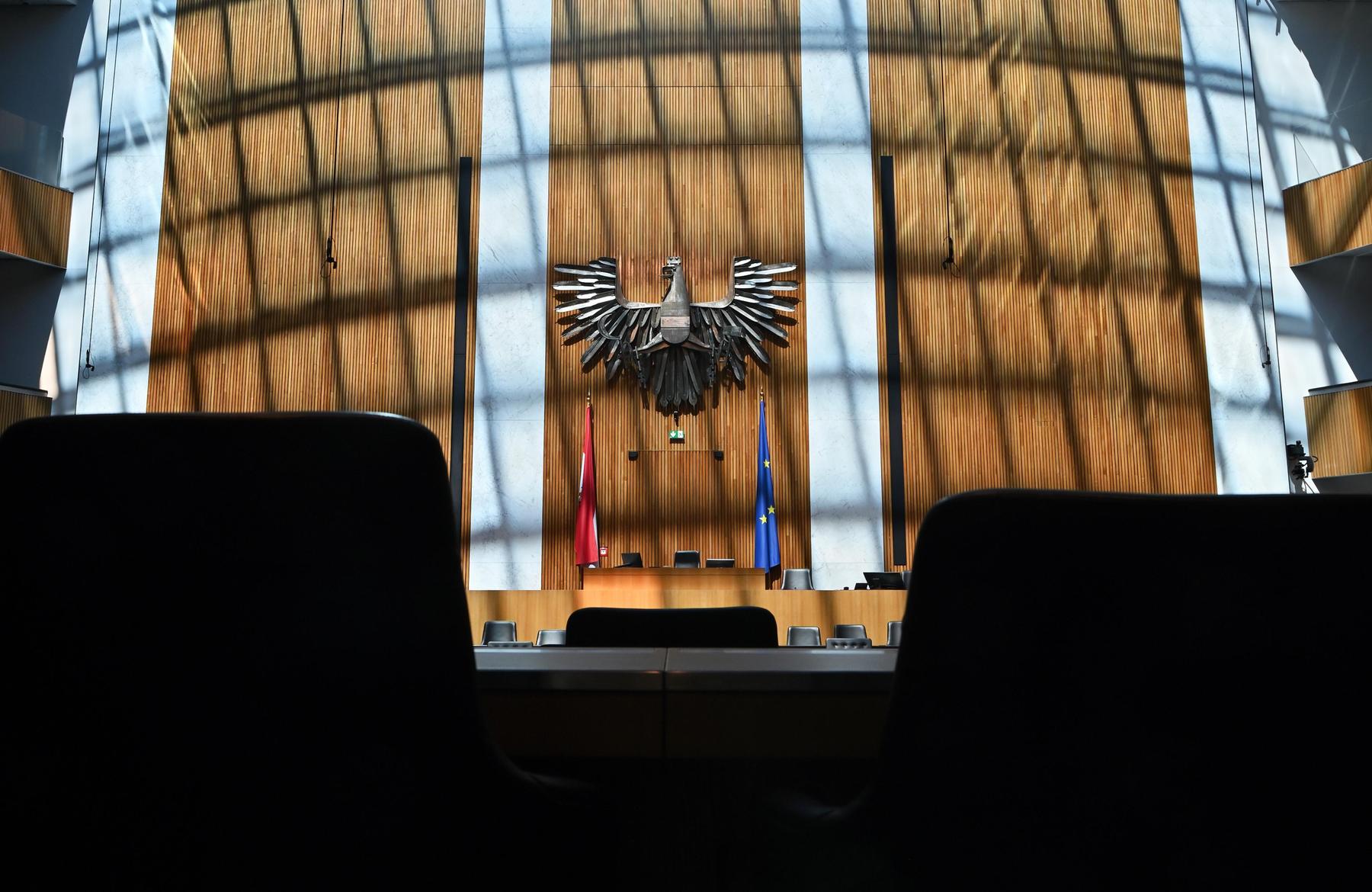Why is the overseas territories not subject to the same regime as the metropolis? – release

The chief’s surprise. While Donald Trump declared the trade war to the whole world Wednesday, April 2, a table of the White House summarizing the new American customs surcharges, indicates that the French departments and territories will be subject in the coming days to specific taxation levels, very different from the 20 % which will apply to the EU, therefore to mainland France. The surcharge imposed on Guadeloupe, Martinique, Guyana and Mayotte by the American authorities will only be 10 %. Half less than that applied to other members of the European Union.
In their calculation, the United States has taken into account these territories regardless of its belonging to the EU. Even if they are part of the EU in terms of customs, Washington considered them as a separate territories given their different tax status within the EU. In order to encourage their economic development, these DROMs indeed benefit from a differentiated VAT regime, provided by the tax code. And, taken individually, they have a deficit trade balance with the United States. This does not prevent the Trump administration from having set an automatic floor: “The formula used by Donald Trump to calculate these new customs duties is based on the trade balance, Lights Charlotte Emlinger, economist at the Center for Prospective Studies and International Information (CEPII). When the balance is favorable in the United States, the customs duties applied to products from territories with a loss of deficit are only set at 10 %”, details the economist.
This is why, conversely, Reunion, which is however in the same tax situation as these territories, will see its products taxed not at 10 % like the other DROM, no more at 20 % like the EU, but up to 37 %. « »These new rights are supposed to restore a zero balance between the United States and the territories whose balance is favorable. However, the few products exported from Reunion to the United States creates a very positive balance in favor of the island. Even if these are derisory amounts, this creates strong customs duties ”explains Charlotte Emlinger. In this case, part of this favorable surplus comes from fishing and in particular for the sale of Less, a fish caught off the island and of which 30 % of the quantities withdrawn (1,100 tonnes in 2024) are sent to the United States.
The situation is still different for Saint-Pierre-et-Miquelon and French Polynesia, which do not belong to the EU in the eyes of customs but also benefit from a separate tax status. This explains, again, why the US government has reserved a different treatment for them. The White House thus plans to impose customs duties of 10 % on products imported from French Polynesia and 50 % for those from Saint-Pierre-et-Miquelon.
« It’s the same, Saint-Pierre-et-Miquelon must very little export to the United States and despite everything, even less important what brings this figure »specifies Charlotte Emlinger. As with Reunion, this surplus comes for a large part of fish exports such as cod or crustaceans from the archipelago to the United States. However, according to the economist, the ultramarine territories struck by this increase in customs duties should not suffer. « Maybe one or two local companies will need help but it is anecdotal for local savings given the small sums that are at stake. »
Whatever the consequences, the announcements have angered the Minister responsible for overseas, Manuel Valls. Thursday evening, the former socialist denounced a « Cumulation of inconsistencies, absurdity and incompetence »and recalled that « The initial intention to tax ultramarine territories differently is deeply political ».
Update at 9:17 p.m. With Manuel Valls’ reaction








